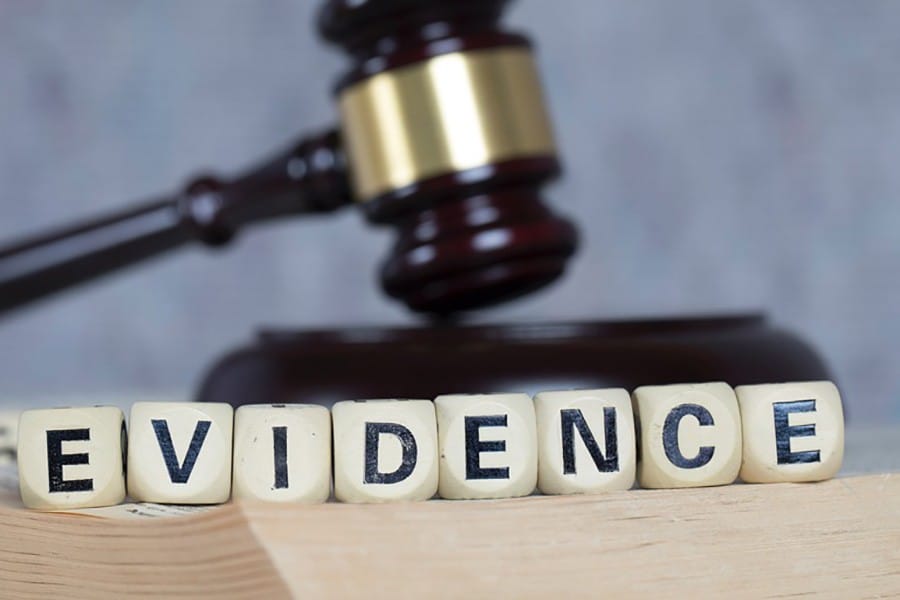About Section 27 of the Indian Evidence Act:
- This section creates an exception to the admissibility of confession made by the accused to a police officer while in custody.
- Sections 25 and 26 establish protection against self-incrimination and abuse of power by the police authority, deeming confessions made in police custody without the presence of a magistrate as inadmissiblebe forea court of law.
- However, Section 27 provides an exception to this rule, allowing the admission of confessions that lead to the discovery of facts.
- Section 27 states: “Provided that, when any fact is deposed to as discovered in consequence of information received from a person accused of any offence, in the custody of a police officer, so much of such information, whether it amounts to a confession or not, as relates distinctly to the fact thereby discovered, may be proved.”
- In simpler terms, any confession made by a person while in police custody that leads to the revelation of a fact is considered admissible in court.
- The confession must provide information that was not previously known to the police and that led to the recovery of evidence or the identification of witnesses.
- The confession must be directly related to the fact discovered. This means that the information provided in the confession must be specific and relevant to the discovery.
- The confession must be made voluntarily. This means that the person must not have been coerced or threatened into making the confession.
- The basic idea embedded in Section 27 of the Evidence Act is the doctrine of confirmation by subsequent events.
- This doctrine is founded on the principle that every part ofthestatement made at the instance of the accused, ina police custody should necessarily be confirmed by the subsequent events of discovery, to make it admissible in court.
- In the case of Asar Mohd. v. State of U.P, the Supreme Court held that the concept of “fact” mentioned in Section 27 is not limited to physical objects alone but also includes essential psychological or mental facts that may be directly relevant to the case.
The confession cannot be used to prove the guilt of the accused unless it is corroborated by other evidence.
Q1: What is meant by self-incrimination?
Self-incrimination is when someone provides information that suggests their involvement in a crime or exposes them to criminal prosecution. Self-incrimination can occur in various situations, such as during police interrogations, court testimonies, or other legal proceedings.
Last updated on February, 2026
→ UPSC Notification 2026 is now out on the official website at upsconline.nic.in.
→ UPSC IFoS Notification 2026 is now out on the official website at upsconline.nic.in.
→ UPSC Calendar 2026 has been released.
→ UPSC Final Result 2025 is expected to be released in the second week of April 2026.
→ Check out the latest UPSC Syllabus 2026 here.
→ Join Vajiram & Ravi’s Interview Guidance Programme for expert help to crack your final UPSC stage.
→ UPSC Mains Result 2025 is now out.
→ UPSC Prelims 2026 will be conducted on 24th May, 2026 & UPSC Mains 2026 will be conducted on 21st August 2026.
→ The UPSC Selection Process is of 3 stages-Prelims, Mains and Interview.
→ Prepare effectively with Vajiram & Ravi’s UPSC Prelims Test Series 2026 featuring full-length mock tests, detailed solutions, and performance analysis.
→ Enroll in Vajiram & Ravi’s UPSC Mains Test Series 2026 for structured answer writing practice, expert evaluation, and exam-oriented feedback.
→ Join Vajiram & Ravi’s Best UPSC Mentorship Program for personalized guidance, strategy planning, and one-to-one support from experienced mentors.
→ Check UPSC Marksheet 2024 Here.
→ UPSC Toppers List 2024 is released now. Shakti Dubey is UPSC AIR 1 2024 Topper.
→ Also check Best UPSC Coaching in India




















